As a child, junior Leland Locken was diagnosed with Optic Nerve Hypoplasia and Septo-Optic Dysplasia. He faced many unknowns and challenges. His condition is rare, and he has learned how to overcome his difficulties.
Michelle Locken knew something was wrong when she looked into two-month-old Leland’s eyes and realized he was not tracing or following her. However, doctors told the young mother not to worry, as it takes some babies longer to learn this skill than others.
When Leland was four months old, Michelle contacted the Educational Service District (ESD) and took matters into her own hands. ESD conducted an evaluation, and the family was sent to Bay Eye Clinic for testing. Then, at eight months old, Michelle’s son was obviously struggling to meet the guidelines for height and weight. Even though Michelle was a young parent, she sought help for her son.
“I was 18 at the time,” Michelle said. “I still had braces on my teeth.”
At nine months, Leland, now a junior at MHS, was diagnosed with Optic Nerve Hypoplasia (ONH) and Septo-Optic Dysplasia (SOD), which helped answer a large portion of Michelle’s questions and concerns. However, the two were then faced with new questions and were challenged with finding answers.
ONH occurs when the optic nerves that connect the eye to the brain are small or underdeveloped. Some patients, like Leland, also have midline brain malformations and a poorly functioning pituitary gland, as well as deficiencies in growth, cortisol and thyroid hormones. Leland also battles with a mild form of autism. According to Michelle, the diagnosis is given to only one in every 100,000 births.
“We were told that his vision was like looking through a piece of Swiss cheese,” Michelle said.
Leland has visual impairments that allow him to see only light out of his left eye and be dependent on what his right eye can offer him. With glasses, Leland’s vision is improved, but he uses a cane to navigate new and unfamiliar places, as he still cannot see well.
Though Leland is mostly blind, his eyes are perfectly healthy.
“It just goes to show that structure and function are two totally different things,” Michelle said.
Donna Penny, teacher of the blind and visually impaired at South Coast ESD, started working with Leland when he was four months old, and the two started developing a series of short and long-term goals. In the beginning, she worked mostly with Leland’s family on how to deal with visual impairments, but Penny is still involved in Leland’s life today and works with him on his current and future goals.
“It started out when Donna Penny started doing mobility skills with me,” Leland said.
Currently, Leland’s goal is to walk to his grandmother’s house from Marshfield by himself. The house sits within the residential neighborhood and, with the help of his cane, Leland uses learned skills to go the distance.
“Listen, look, cross,” Leland said.
Leland spends most of his school day in the Life Skills classroom among other students with disabilities, but he also participates in Spanish class. Penny has taught Leland to read through Braille, and translates his Spanish vocabulary words for added practice. He is also able to use his keen memory to learn the language.
“He’s got a very good memory and he’s not afraid to use it,” Penny said.
Though Leland’s diagnosis is not generally life-threatening, he is required to take several hormone supplements daily. If he were to get sick, his cortisol pills would need to be increased as well, doing what his body should be doing on its own.
“Basically we are trying to do what a normal body would do,” Michelle said.
Because Leland’s cortisol levels could drop to a life-threatening level, he qualifies for the Make a Wish Foundation. Next year, the program will send him to Dallas to watch WrestleMania, something he has been hoping to do for years.
Michelle and Leland try to focus on the positives in life and the future. Because Leland has grown up in the small Coos Bay community, Michelle said she feels he is protected and looked out for by his peers.
“My hope for his future is that he stays in this community,” Michelle said.
Though Leland faces many daily challenges, he manages to live happily with his condition. Some of his favorite activities include playing badminton, jumping on the trampoline and practicing Spanish. Among these activities lives a burning love for wrestling.
Despite what others may think, Michelle sees everyone’s weaknesses as their disabilities and uses this ideal to boost Leland’s confidence.
“I always tell him every person out there has a disability,” Michelle said. “Sometimes you just can’t see it.”


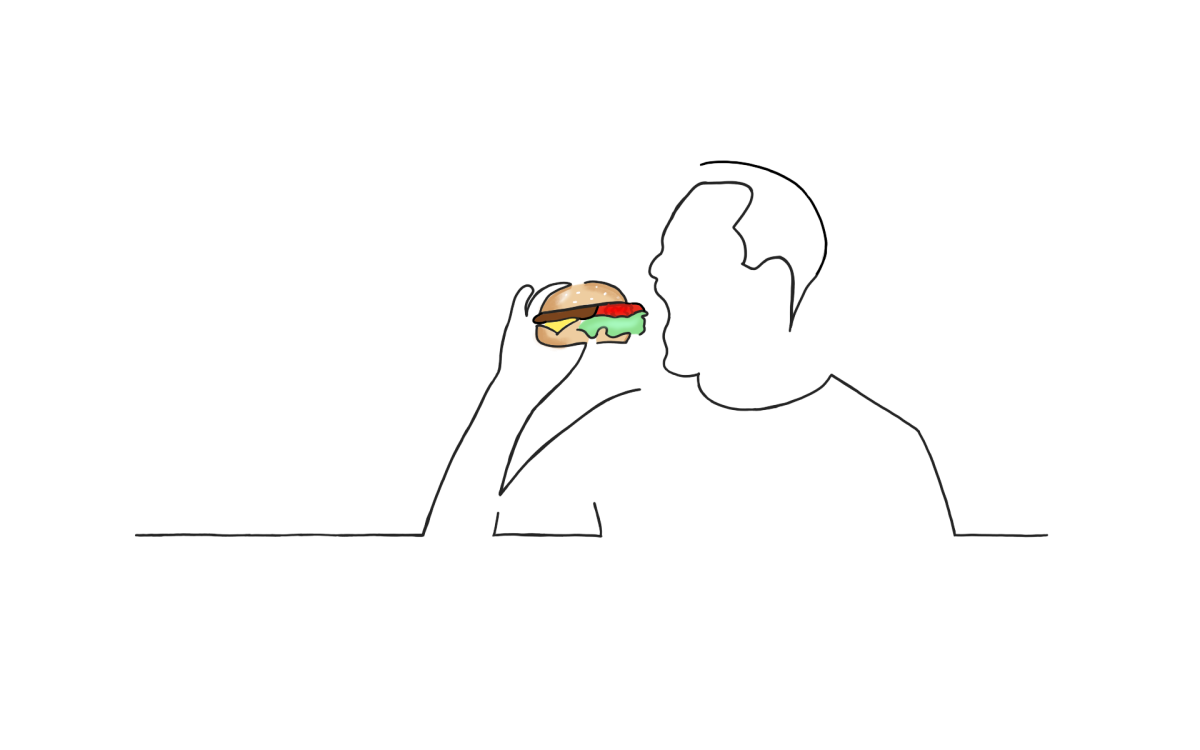

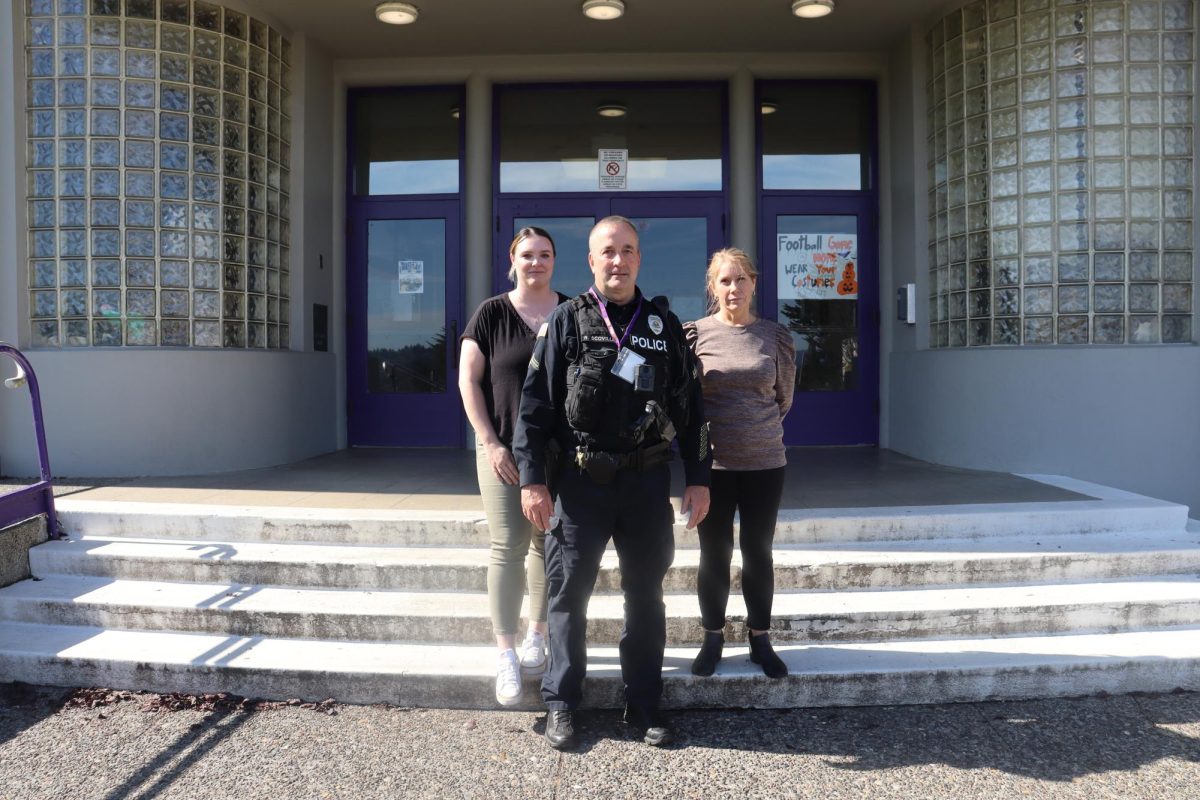
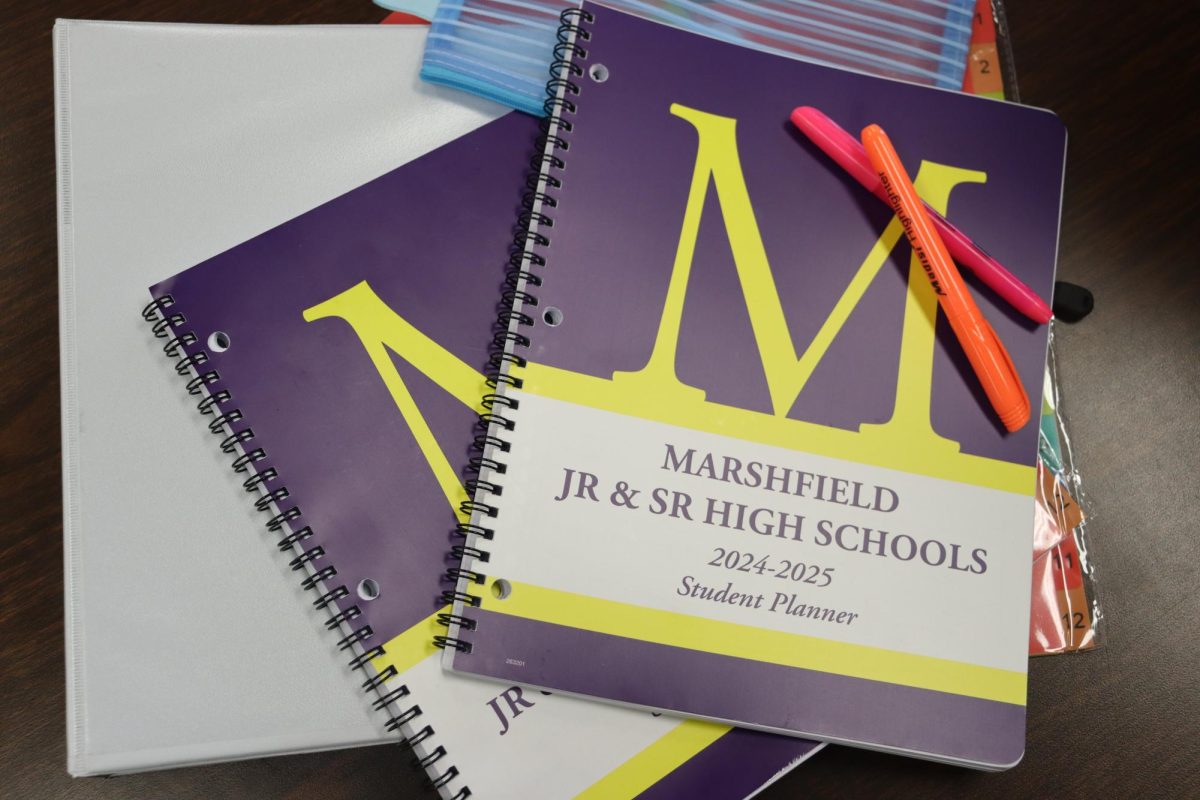





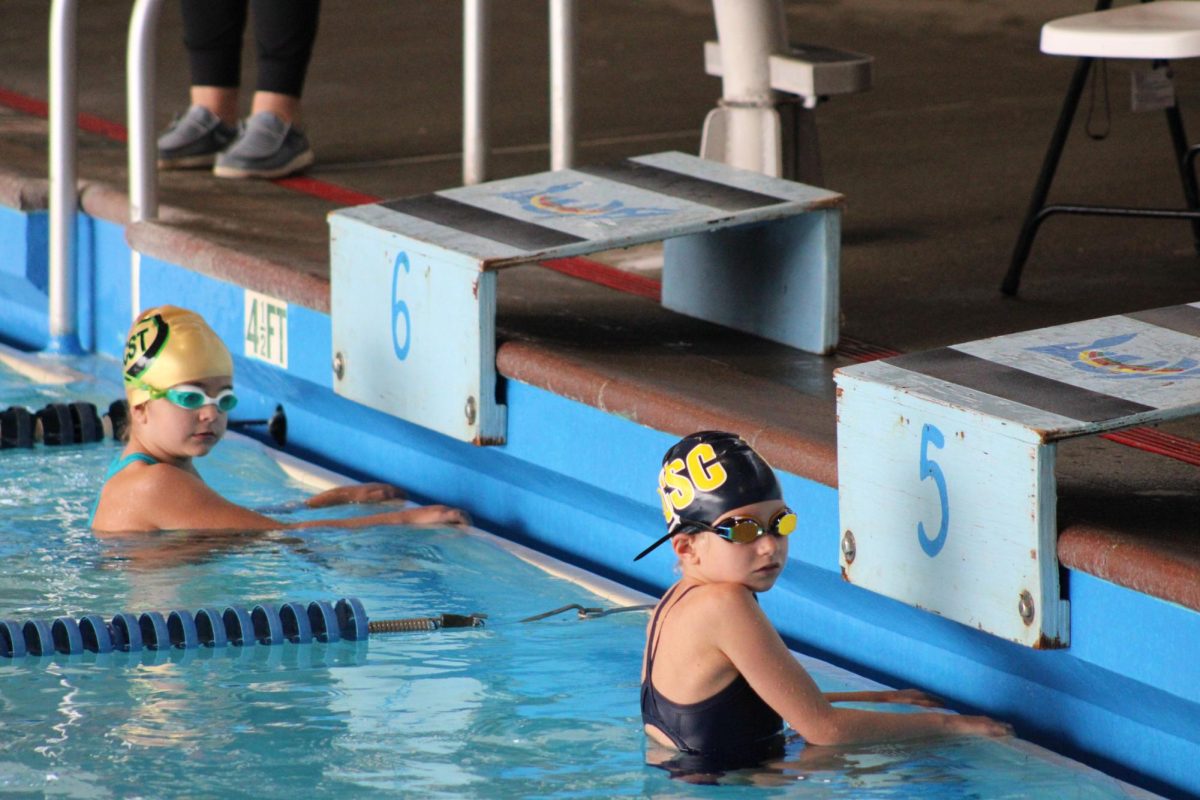
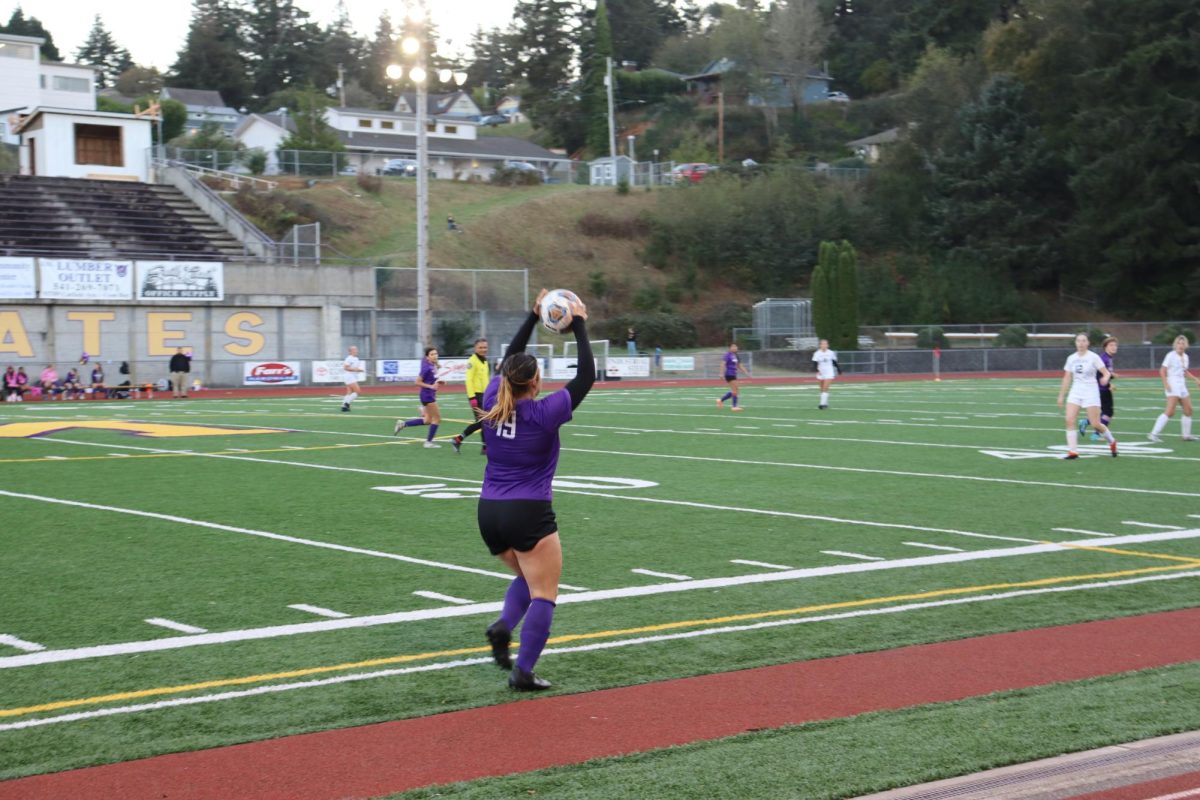
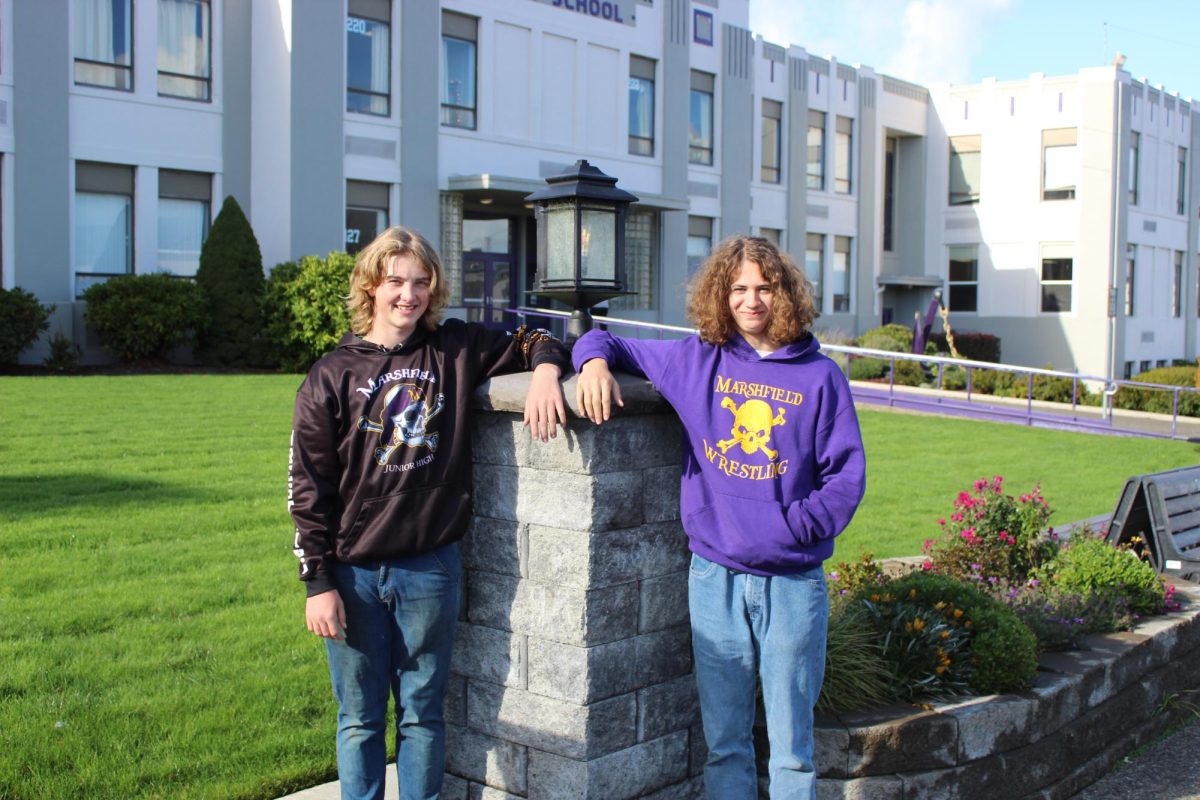
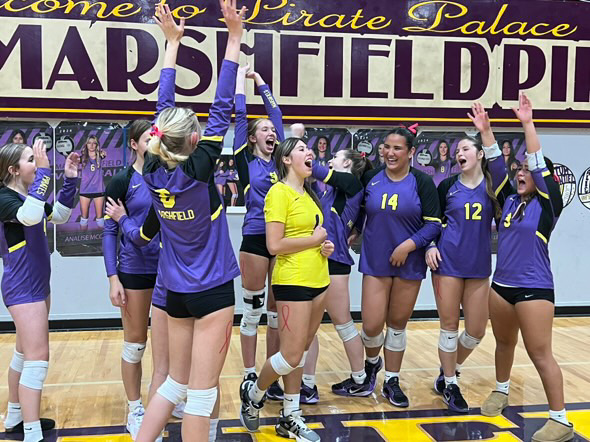

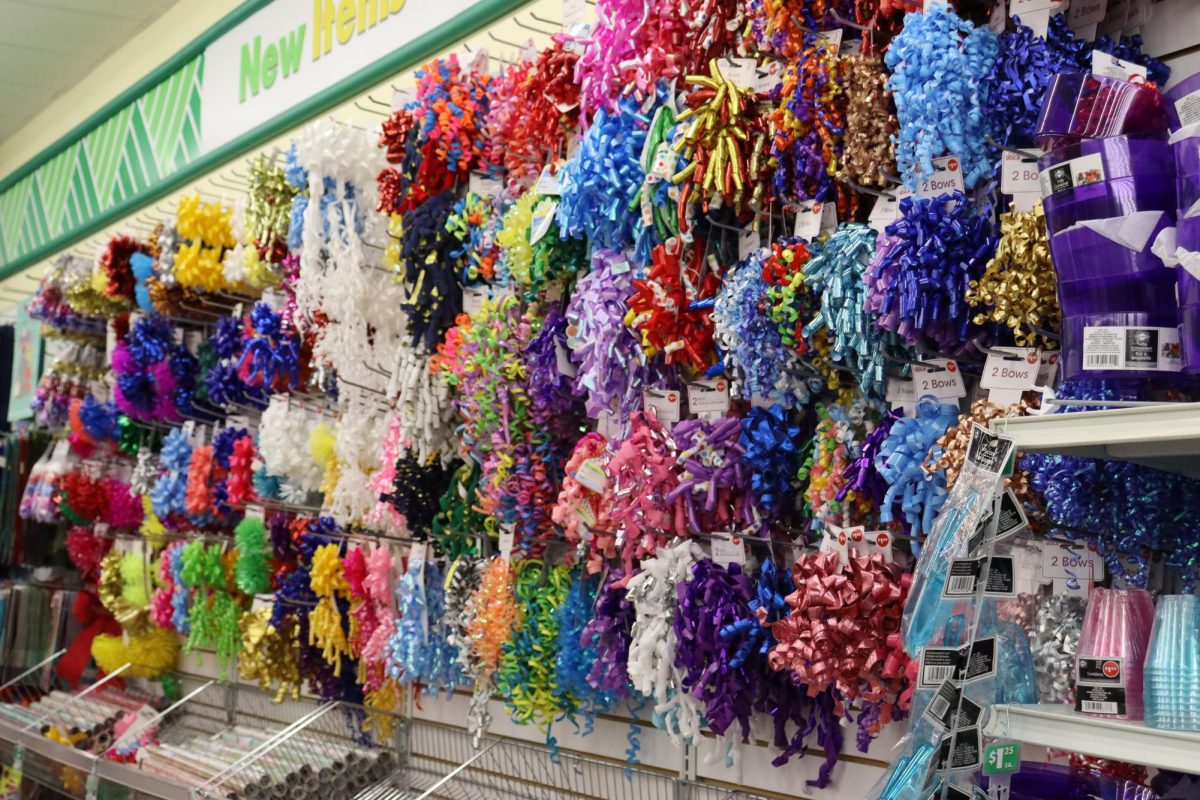
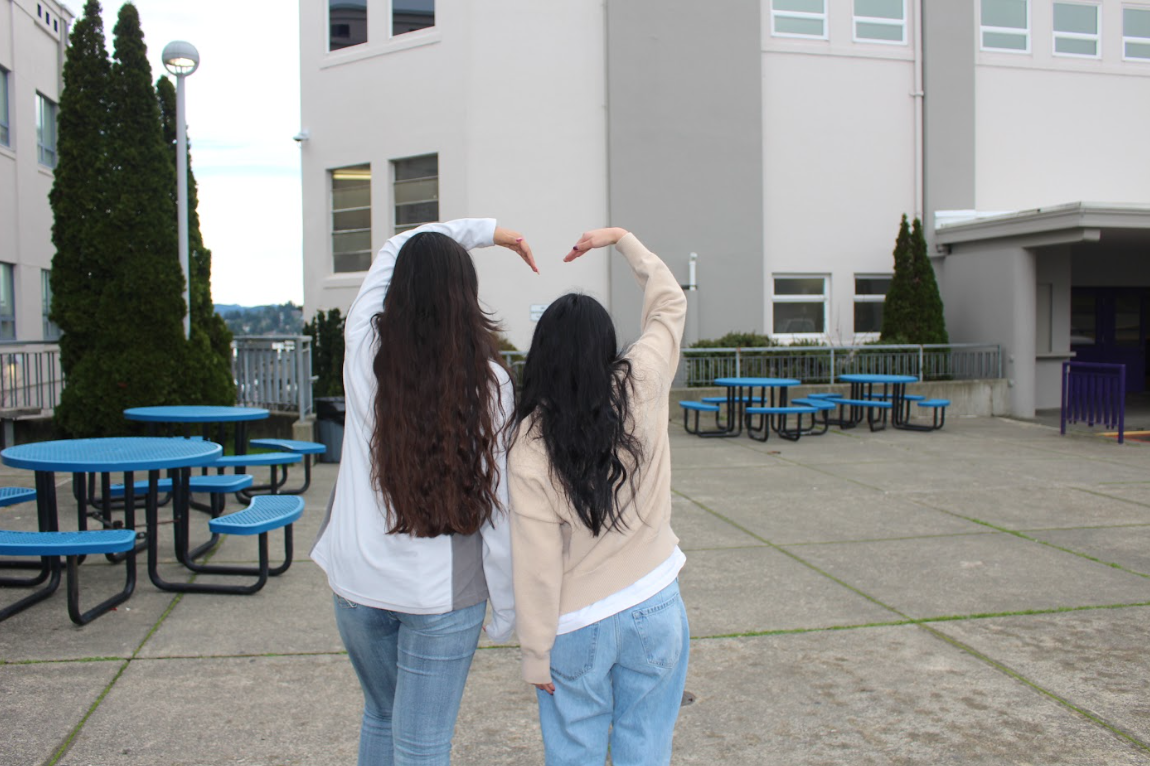

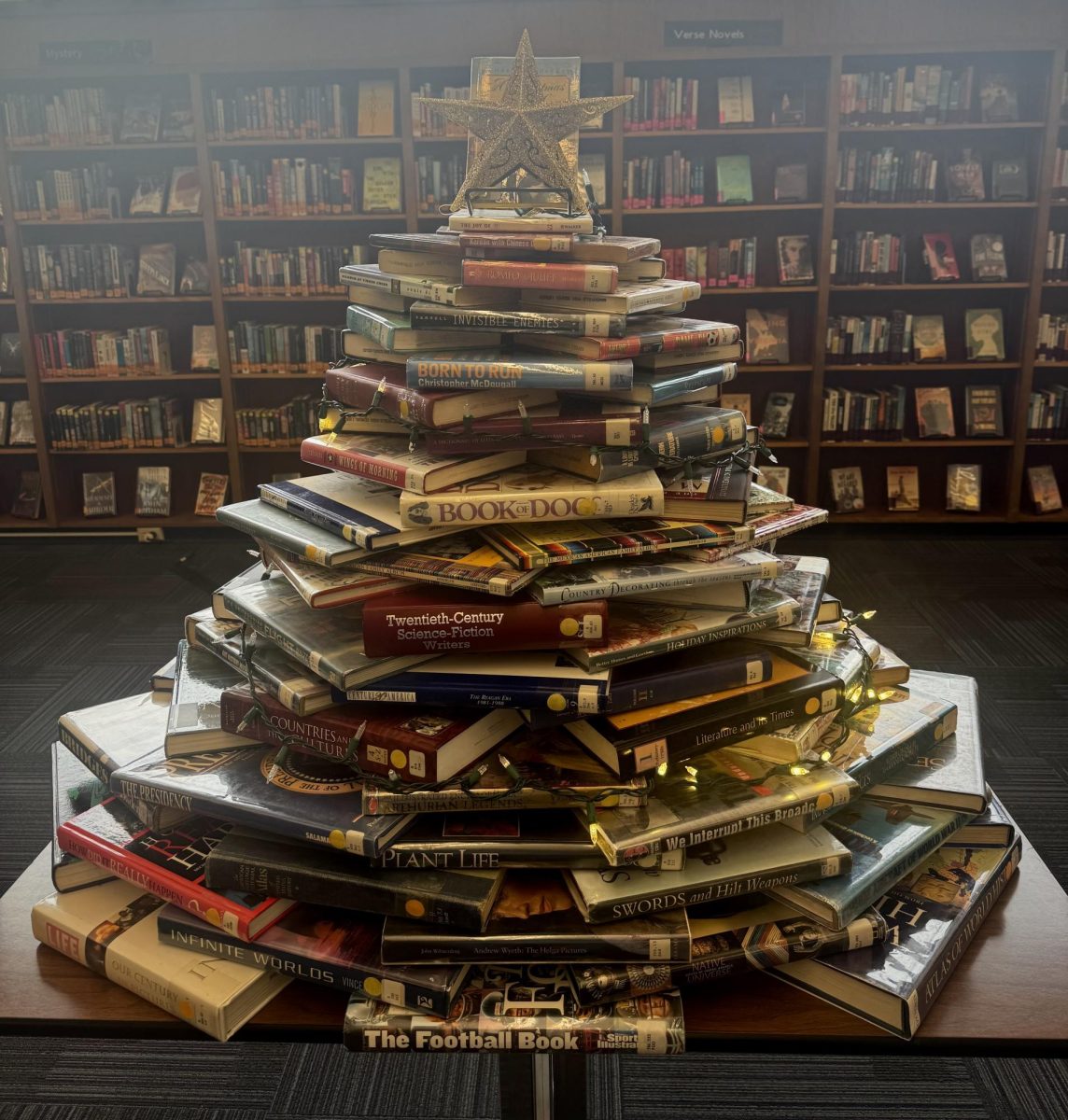
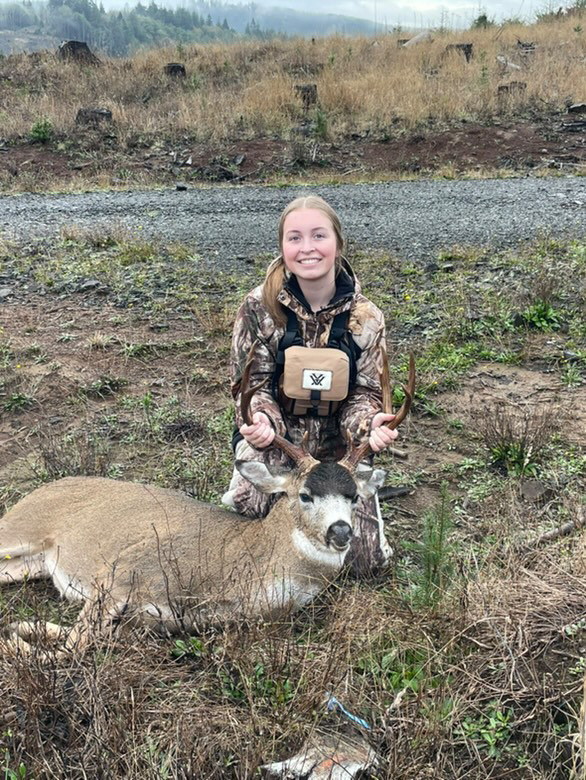


Michelle Locken • Apr 27, 2015 at 2:23 am
Cheyenne,I just wanted to thank you and tell you what a phenomenal job you did on the article about Leland. You’re a bright young lady with a beautiful future ahead of you. Thank you for taking the time to get to know Leland and sharing what you’ve learned with all who read this article.
MichelleLocken, Leland’s mom